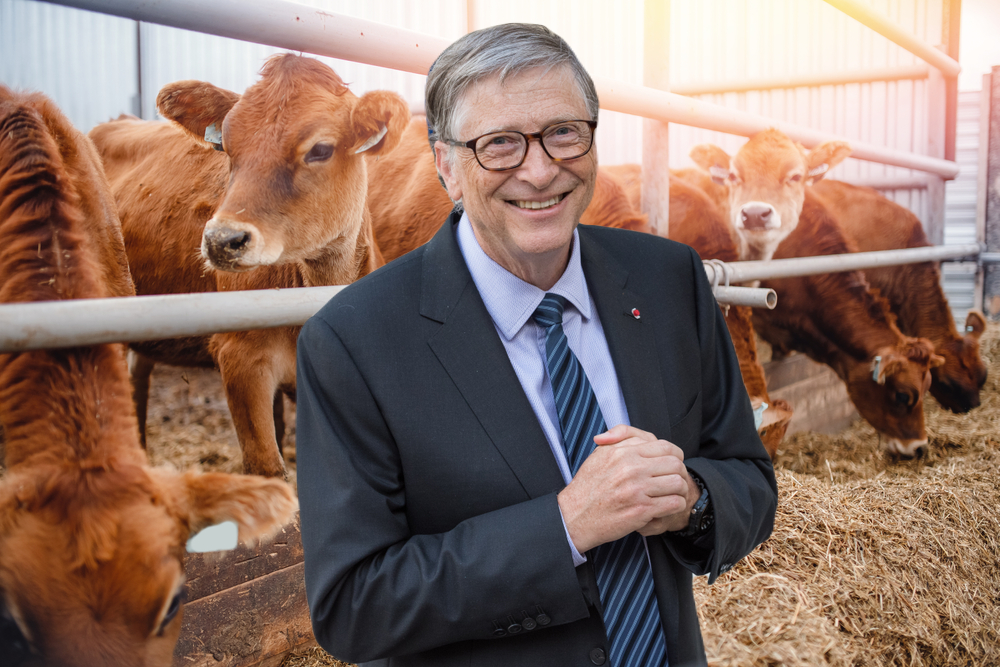Billionaire turned philanthropist Bill Gates made another unique financial play, this time with his recent foray into livestock production in sub-Saharan Africa. This comes after Gates debunked long-held conspiracy theories that he owned 80% of all U.S. farmland, stating that he owns less than 1/4000 of farmland in the U.S., with roughly 242,000 acres (about 25% of Rhode Island.)
But what is Gates up to now? In early March, the Bill and Melinda Gates Foundation granted Zoetis Inc, the world’s largest producer of medicine and vaccinations for pets and livestock, $15.3 million to further develop and integrate innovative solutions to advance veterinary care and diagnostic services that will ultimately improve livestock health and productivity in Sub-Saharan Africa.
The new five-year African Livestock Productivity and Health Advancement Plus (A.L.P.H.A. Plus) initiative will include aquaculture in addition to cattle, poultry, and swine in an additional seven countries in Sub-Saharan Africa.
While Gates has stated that all investment decisions are made by a professional investment team, some may still wonder about his true intentions in investing in these areas. With the conspiracy theory of Gates owning 80% of US farmland now put to rest, some may begin to wonder if his interest in African livestock production could be a cover-up for something else.
As Gates channels his billions into agricultural properties to make them more productive, the real estate market is becoming increasingly accessible to everyday retail investors. With companies like those backed by high-profile investors like Jeff Bezos, individuals can now own a stake in real estate with as little as $100.
The A.L.P.H.A. Plus initiative aims to improve veterinary health and food security in some of the most rapidly developing regions in the world.
Regardless of the motives behind Gates’ investments, the potential impact of the A.L.P.H.A. Plus initiative is significant.
Improved veterinary health and food security in sub-Saharan Africa could help alleviate poverty, increase economic growth, and improve the livelihoods of millions.
As the world’s population grows, finding sustainable solutions to meet the increasing demand for food and resources will be critical. Gates’ investments in these areas could be an important step towards achieving that goal.
Image and article originally from www.benzinga.com. Read the original article here.

